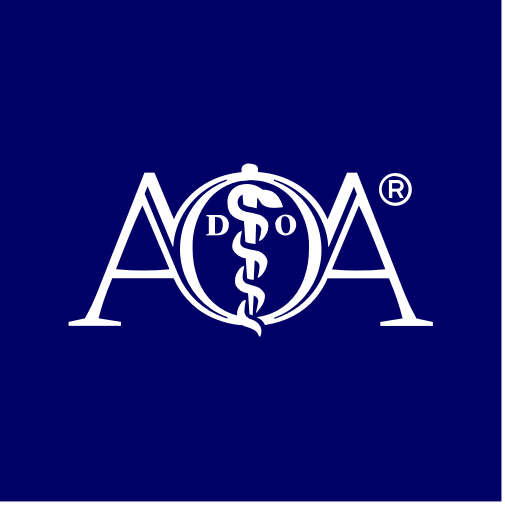
COURSE CREDITS & HOURS
16 AMA PRA Category 1 Credits™16 ACPE Credits
16.0 Contact Hours
COURSE FEES
TARGET AUDIENCE
PROGRAM PURPOSE
- Why does menopause happen?
- Outline the process of menopause
- Describe the significance of menopause to all women
- Recognize the health issues that result from menopause
- State why menopause matters and why it should be treated
- Provide an overview of the numerous ways that progesterone and estrogen impact the organ systems of women
- Menopause and the immune system: An integrative approach
- Contrast the differences between men and women and their immune systems
- Outline the many roles of the immune system throughout the body
- Explain how estrogen modulates the immune system
- Identify the health outcomes relating to alterations within the immune system during and after the menopause transition
- Menopause and the cardiovascular system: An integrative approach
- Contrast the differences between men and women and their cardiovascular systems
- Outline the many roles played by estrogen throughout the cardiovascular system
- Explain how estrogen modulates the cardiovascular system via the mitochondria
- Detail how estrogen modulates the cardiovascular system via the immune system
- Identify the health outcomes relating to alterations within the immune system during and after the menopause transition
- Menopause and brain function: An integrative approach
- Cite the differences between the brains of men and women
- Summarize the roles of hormones on brain function
- Examine how estrogen modulates the immune system of the brain
- Contrast the reasons why women experience far more dementia and mood disorders than men
- Prepare a therapeutic approach to brain health
- Menopause and female sexuality: An integrative approach
- Outline the effects of menopause on female sexuality
- Describe the significance of estrogen to female sexuality
- Recognize the emotional impacts of sexual changes with menopause
- Detail the role of oxytocin and female sexuality
- Develop a therapeutic strategy to revitalize sexual enjoyment and response
- Menopause and skin and hair vitality: An integrative approach
- Detail the impact of hormones on skin and hair
- Outline the effects that menopause has on hair and skin health
- Explain how estrogen modulates skin and hair structures
- Develop a therapeutic strategy to maintain and restore healthy skin and hair
- Menopause and bone health: An integrative approach
- Outline the effects of menopause on female sexuality
- Describe the significance of estrogen to female sexuality
- Recognize the emotional impacts of sexual changes with menopause
- Detail the role of oxytocin and female sexuality
- Develop a therapeutic strategy to revitalize sexual enjoyment and response
- The Best Integrative Approach to Menopause: Including case studies and the ABCs of prescribing hormones
- Explain the benefits of time restricted eating and fasting for menopausal women
- Recognize the role of estrogen and the circadian rhythm and gut microbiome
- Detail the impact on dietary choices on the health of menopausal women
- Learn how targeted nutraceuticals can be utilized to improve patient lives
- Integrate the data learned into the care of actual patients
- Acquire the basics of prescribing hormones to your menopausal patients
- Develop a comprehensive lifestyle approach to optimizing the health of menopausal women
- Recognizing Benign and Malignant Lesions of the Skin
- Appropriately treat or refer patients with cutaneous neoplastic disease
- Principles of Dermatologic Therapy
- Discuss the key principles of dermatologic therapy
- Skin Disease Pearls for Primary Practice
- Be comfortable choosing and using novel techniques in dealing with common and minor skin problems
- Selected Topics in Acne and Rosacea
- Diagnose and manage the most common forms of acne and rosacea
- Infections and Infestations of the Skin (2 Hours)
- Recognize and treat skin infections and infestations - viral, bacterial and beyond
- Dermatologic Emergencies
- Psoriasis Update - Treatment and Co-morbidities
- Manage patients with mild to moderate psoriatic disease, and counsel them about the many comorbidities of what used to be considered a benign skin disease.















































